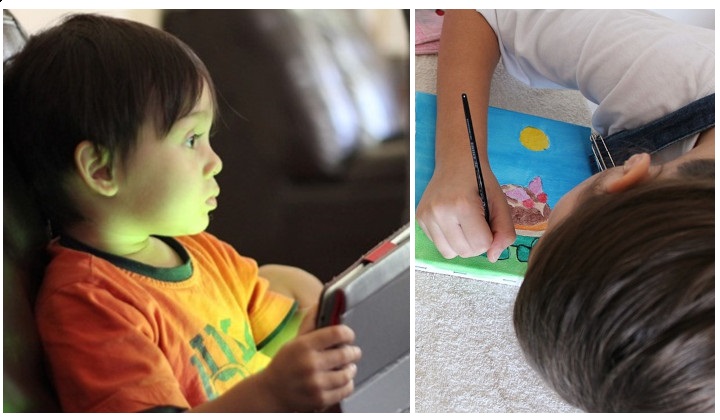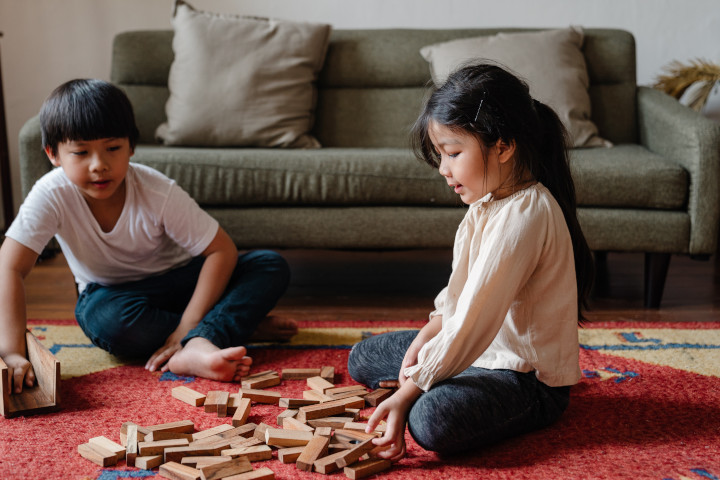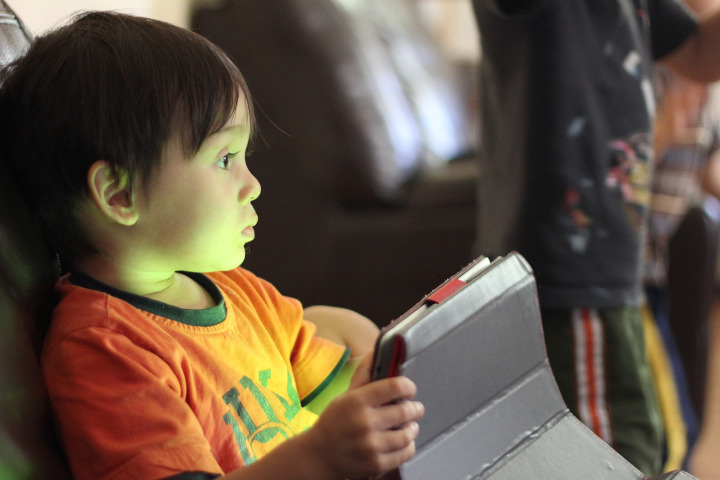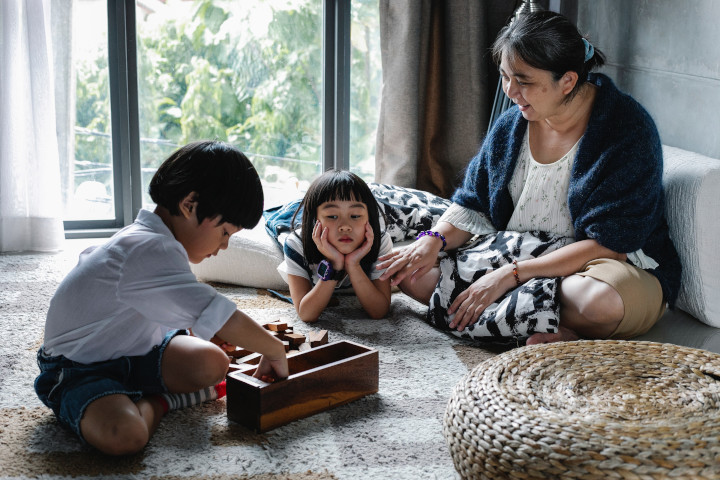The Pandemic’s Impact On Children Is More Serious Than You Think, Here’s Why
But there are ways to help children cope with the effects of the pandemic.

Subscribe to our Telegram channel for the latest stories and updates.
The pandemic has taken a huge toll on people’s health mentally and physically across the globe, and among all age groups.
It is particularly worrying for the younger ones as the first years in life are important for their long-term health, development and wellbeing.
With the pandemic, are our children getting that stimulation they need to develop accordingly?
TRP speaks to Xin Yee, an Applied Behaviour Analysis (ABA) Therapist at Fit In Child Development Centre to discuss the impact of child development in this day and age of a pandemic.
Common issues children face during the pandemic

One of the common issues children face during the pandemic begins with their parents.
The more time spent with children at home has made parents notice developmental delays in their child which has seen an increase in the number of parents signing up their children for screening and assessment post-pandemic.
According to Yee, the first issue is that children rely on their parents to support their daily tasks and to regulate their emotional processes – that is their ability to manage and respond to an emotional experience.
Because of the pandemic, children may receive inconsistent or less support because of parents’ increased responsibilities.
The second issue is that children may need support in dealing with anxiety caused by the sudden change in the environment which could lead to increased behavioural and emotional problems.
The third issue Yee points out is that children may have trouble understanding the complexity of the pandemic and accept the change in daily life due to their limited cognitive abilities – this leads to a perceived lack of control and insecurity.
Yee says studies show that there are long-lasting negative impacts on a child’s social and emotional well-being, including elevated levels of anxiety, worry and distress in children.
The unprecedented changes in lifestyle due to the pandemic may also lead to an increase in domestic conflict and limitations in physical activity. The latter is quite detrimental to a child’s development as it suggests longer screen time, unsteady sleeping patterns, and less healthy eating habits.
Xin Yee to TRP
Screen time: good or bad?

Raise your hand if you’re a parent that has knowingly given your child a tablet or phone to keep them busy for a few hours just so you can get some work done.
While Yee doesn’t encourage long screen time. she did indicate research showing interactive media helping children 2 years and older to retain information.
However, children of the age 2 and younger are unlikely to learn from screen time as they will have trouble distinguishing what they watch on screen from everyday reality.
This in turn may hinder executive function, which is essential for helping children to develop interpersonal skills, decision-making and critical thinking skills, adaptability, and emotional intelligence.
The fast-paced content the children are consuming daily may be cumulative and negatively impact their development.
Xin Yee to TRP
The effects of early screen exposure of more than 7 hours a day, for example, is correlated with impaired executive function, academic skills, attention, and cognitive development, as well as delayed language use and acquisition.
In addition, screen time also reduces the quality and amount of interactions with parents and distracts the child from play.
What parents can do to help their children

Despite the continuing variations of MCO in the country, continuing to stall activities that contribute to a normal development will only inhibit that development. In short, adding structure in a child’s life gives them a sense of knowing what to expect which can increase their sense of safety and help them feel less anxious.
Other key points she shared are:
- Model good behaviours at home.
- Reinforce children with favoured activities when they display commendable behaviours.
- Prepare a list of play and academic activities to keep the children occupied with meaningful activities. (e.g. sing, stacking toys, ready storybooks for toddlers)
- Go for walks around housing areas or outdoors (where possible)- these family events offer an opportunity for children to maintain some normality in their lives and work through stress.
- Help children stay connected with family and friends through social media and the Internet to ease their feelings of loneliness.
- Spending at least 20 mins of playtime a day with your child. This will help them feel less anxious and more confident.
Parents speak out
TRP also spoke to some parents who have had to endure the impacts the pandemic has on them and their children. Here’s what they had to say:
We as parents will face struggles especially being at home all the time. Arguments and fights are inevitable. This would also affect the child’s development and at the end of the day we just have to do our very best day in and day out, because how they turn out, depends on us.
Hafiz, father to his 1 year 9 month daughter
The social aspect the pandemic has affected seems to be a recurring theme for many parents. Melanie, who is a stay-at-home mother to two children ages 5 and 3 says it would have been her eldest child’s first year in school had it not been for Covid-19. Although she’s sad that her child won’t be able to interact with his peers, she’s thankful that both her kids are playing together.
“I appreciate the time we have with them but it’s been a bit much. I suppose years from now, we’ll look back and appreciate that it could never be too much”
Melanie, stay-at-home-mum to children ages 5 and 3
Working mum Ruzian told TRP that she chose to send her kids to daycare despite the risks as she feels it’s more important to be around people who they can play with rather than be at home and be shouted at by their parents.
At one point, I felt that this would be much worse for them because feeling negelected and unloved by your own parents can lead to a bunch of other developmental issues in the future.
Ruzian, working mum to children ages 4 and 1
TRP’s very own Social Media Manager Hakeem chimed in as well, saying that the lockdowns has caused his 1 year old daughter to get anxious whenever she even sees another person.

Kid’s should be out and about picking up twigs and rocks but instead are stuck in four walls. It’s a shame they don’t get to run around freely as that is key to their development. Learning danger and safety. Fun and wonder. Being stuck at home also creates a safe bubble that she is so curious to get out of, but she doesn’t get enough of it and as parents all we do is worry.
Hakeem, father to 1 year 8 month old Sophia
Share your thoughts with us via TRP’s Facebook, Twitter, and Instagram.
Former advertising mad woman - turned mother to an amazing little girl born 3 months early - and now a returned writer. Also a textbook ambivert with no clue about today's pop music but a walking encyclopedia of music from the 80s and 90s.





